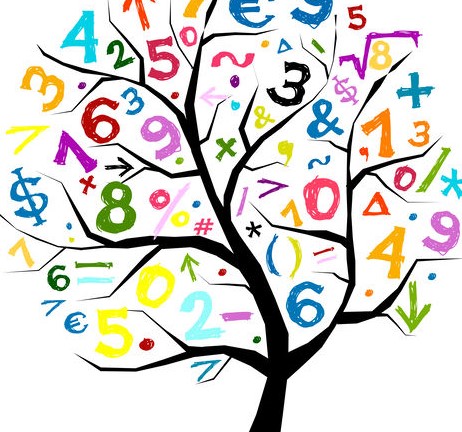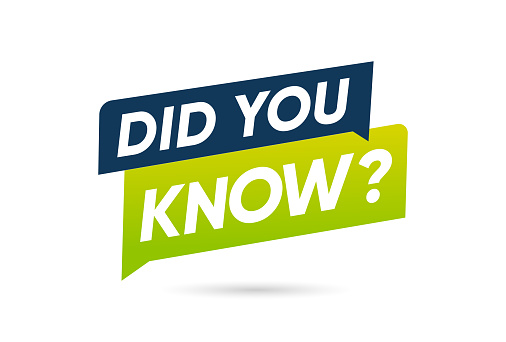When and How Do You Get Credit?

When Do You Get Credit?
Wondering when you get credit? Does some stuff automatically go on your credit report when you turn 18? That’s a no. You get credit when you have opened accounts that report to the credit repositories.
Your credit builds over time, as you pay accounts monthly and pay them off. Your credit file will increase as you have more accounts. That’s why young people who haven’t been paying accounts long won’t have such a great credit score yet, because their credit history is not long enough.
Accounts you have paid off stay on your credit for seven to ten years. An account you made late payments on will continue to hurt your credit, even if you pay it off. Accounts you have paid on time will continue to help your credit score, even after you pay them off.
Judgments may stay on your credit forever, depending on state law. And judgments always have to be paid whenever you buy or refinance real estate, and sometimes even when you sell it. So best to avoid judgments if at all possible.
A bankruptcy will stay on your credit for 7 – 10 years.
So…the best and easiest way to get and keep good credit is to have a few accounts that are reporting on your credit report and pay them on time every month. The longer the history you have of paying everything on time, the better your credit score will be.
What does “on time” mean? Pay everything within 30 days of the due date. Better yet, pay on or before the due date to avoid costly late charges, that can add up and begin to cut into money you need for other things.

Truly, good credit is one of your most important assets.
Good credit is valuable. Why do you think people steal other people’s good credit? Because theirs stinks and they need someone else’s so they can get the things they want.
Build good credit and keep it, and protect your personal information, things like your social security number, your birthdate, and your account numbers. These are things someone can use to set up accounts in your name and ruin your good credit. Even family members have been known to do this, so don’t keep personal information available to anyone you don’t trust 100%.
The other HUGE reason your credit needs to be good is almost all lenders charge a higher interest rate and fees to people with bad credit, because there is a greater risk they won’t get paid back, so they need more of the money up front. If your credit shows that you usually pay on time, they can take more of a risk on you and expect that they will get their money back through the on-time payments you make.

How do you get better credit?
Your credit is made up of several different things. Manage each one to have the best credit.
35% weight – how you pay, meaning do you pay within 30 days of the due date
30% weight – how much debt you have and how much of your available credit you use
15% weight – how long you have had credit
10% weight – how many hard inquiries you have
10% weight – the types of credit you have
Let’s talk more about these weights. “How you pay” is pretty self-explanatory. Do you pay within 30 days of the due date every time?
How much debt you have – a person loaded down with lots of debt is more of a risk because if something goes wrong – they lose their job or become unable to work, for example, unless they have lots of savings, they will suddenly not be able to pay everyone.
So even a person who is a real estate investor and has several mortgages will not be viewed as an especially good risk because the dollar amount of debt the person has is quite high.
How much of your available credit you are using – you may have heard this called “credit utilization ratio”. This is simply the amount of credit available to you on revolving credit vs. the amount you are using or owe.
Revolving credit is credit where you can pay it back and then use it again, such as a Visa or Mastercard. It also includes big box stores, although these will count less because you can only use them for specific types of purchases. If you have a credit limit on a card of $10,000, and your balance is $8500 of that available credit, your credit utilization ratio is high, and you are more at risk of being unable to pay it back. If you owe $2000 on a card where you are approved to borrow $10,000, that is a low credit utilization ratio, and will positively affect your credit (assuming you are paying the minimum payments on time).
How long you have had credit - A HISTORY of paying on time is what lenders are looking for. That's why an account you just opened and have paid on time for two months is not so much helping you yet.
Inquiries - Never let someone pull your credit unless you are pretty sure you plan to get some kind of credit from them. You want to limit the number of inquiries you have.
The types of credit you have - Avoid borrowing from payday lenders and short-term signature loans. If you have credit with these types of lenders, it will hurt your credit score. Don't open an account with every creditor that asks you if you want their credit card.

What is a credit repository vs. a credit bureau?
Have you heard the terms "credit bureau" and "credit repository"? These are not the same thing, although the terms are often used interchangeably. There are three credit repositories in this country. They are Equifax, Experian, and TransUnion. These companies store everyone’s credit information. All three will not have the same exact information. This is because not every lender reports information about their customers to all three repositories.
A “credit bureau” is a smaller company that lenders use to order credit reports. They provide additional services, such as corrections to a person’s credit and credit re-scoring (more on that later). A credit bureau is not the source of the information, they get their information from the repositories. They can also merge the data from all three repositories, eliminating duplications, and giving a more complete picture of a person's credit than one repository can give. This is the role of the credit bureaus.
It is important to know the difference between these two types of entities because when corrections are done to your credit in connection with a mortgage loan, for example, it does not correct it at the repository level. It doesn’t correct your credit file. It only corrects the credit report the bureau has provided to the mortgage lender. So any corrections that are done by a lender, YOU should also do at the repository level so it will “stick” and not come up the next time your credit is run. I will explain how to do that.
Also, if you correct something at one repository, but one of the others is also reporting it, the correction is only made by the repository to whom you reported the error. Always check all three repositories regularly to make sure all three are error-free.
Home | Privacy Policy | Contact | About Me
Copyright © 2022- freecredithq.com All rights reserved